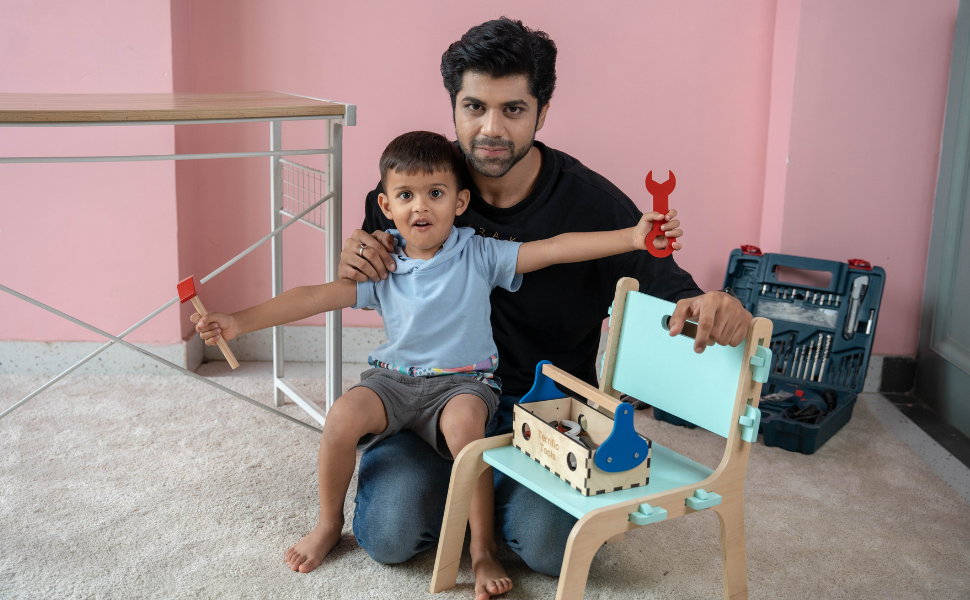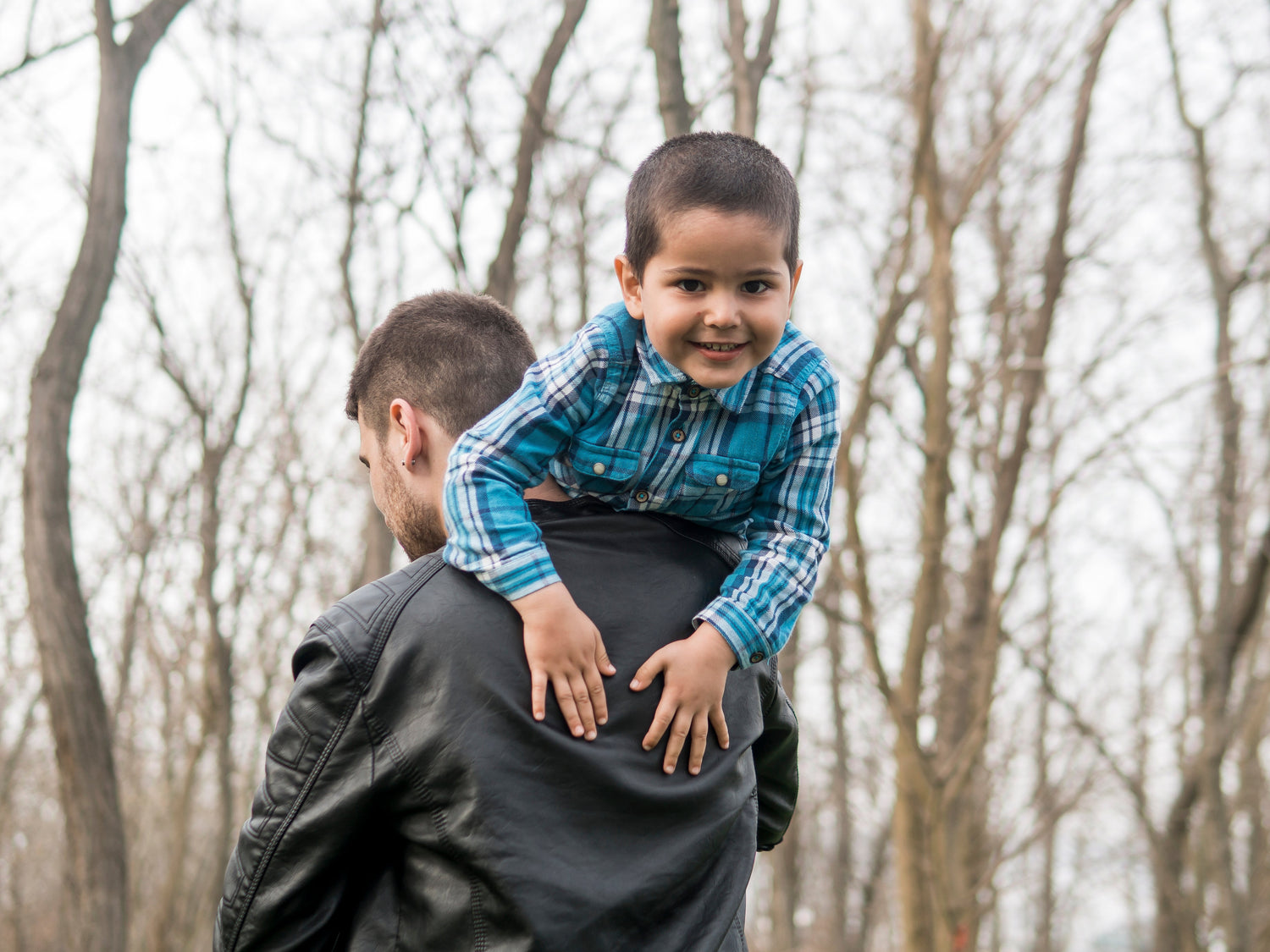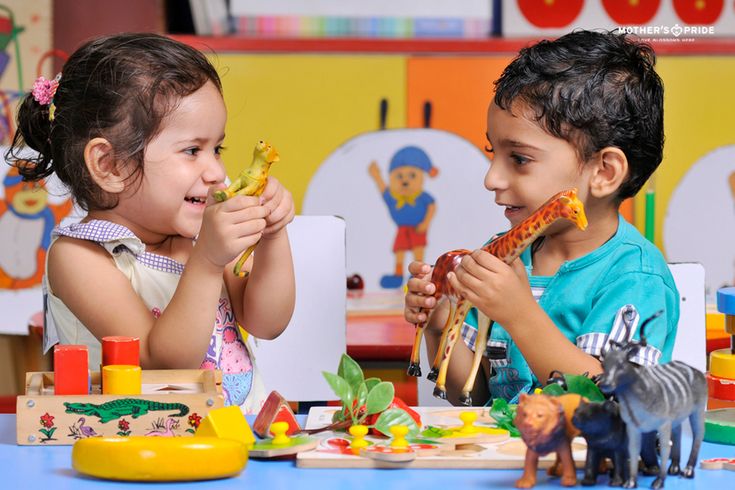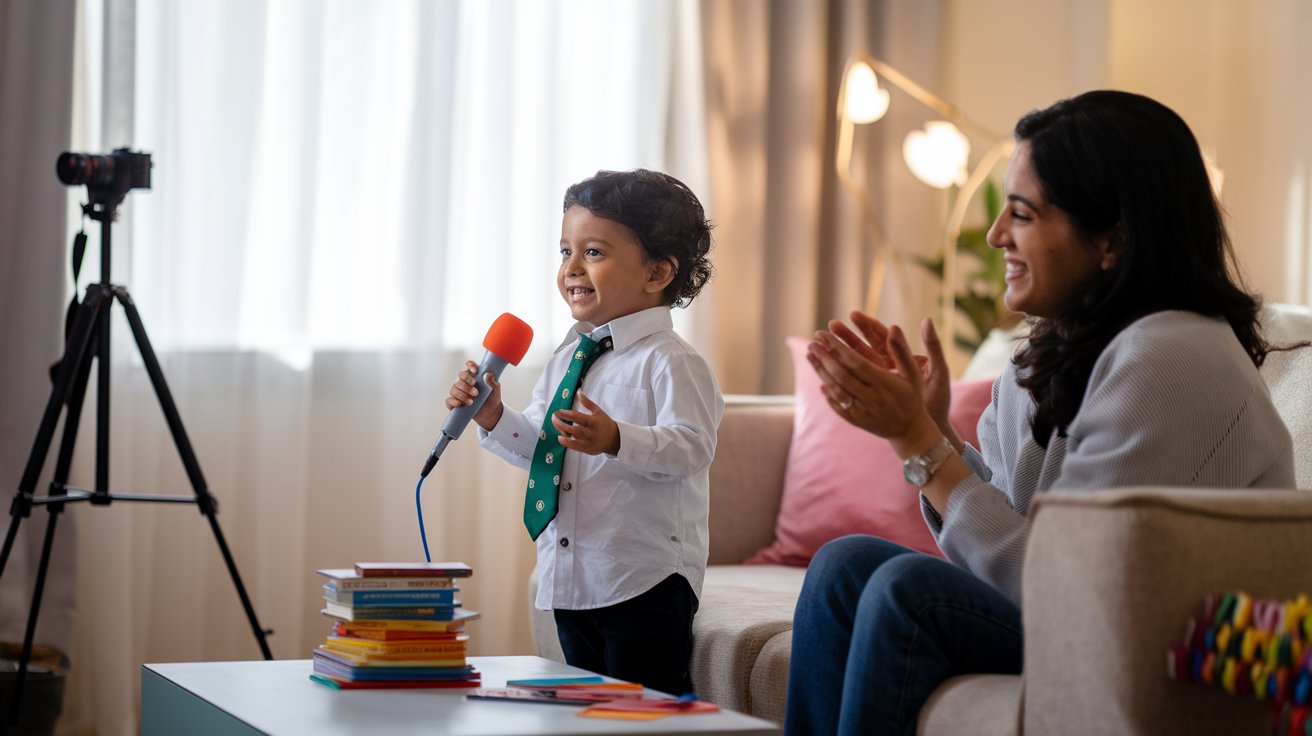Ever watch your kids transform a teddy bear into a patient and a towel into a superhero cape? That's the beauty of pretend play – where everyday items may become amazing tools for exploration. Not only is pretend play entertaining, but it also serves as a vital developmental tool for your child, helping them to develop their imagination, creativity, and essential life skills, which will serve as a strong basis for their future selves. Are you curious about the lasting impact these wonderful times have on your child? You'll see why pretend play is a necessary step towards a more creative and happy future, from sensory exploration to complex social interactions
Exploratory Play (6-12 months)
Touching, tasting, and gazing at objects helps babies learn about their surroundings. They learn what occurs when they shake, bang, or move objects, paving the way for future imaginative play.
Imagine a 9-month-old baby banging two blocks together. This simple action supports:
• Sensory Development: Babies explore new sounds, textures, and sights, that helps them to better understand their environment.
• Motor Skills: Grabbing and moving blocks improves motor skills, preparing them for tasks like holding a spoon or picking up small objects.
• Understanding Cause and Effect: Banging blocks teaches babies that their actions make things happen, helping them learn about cause and effect.
Exploratory play prepares newborns for more complex forms of play by increasing their awareness of their environment and ability to engage with them.
Did You Know? Babies use their mouths to discover because it's one of the most evolved senses at this stage. So, don’t be surprised if everything ends up being tasted!
Early Pretend Play (12-18 months)
Around their first birthday, toddlers begin to engage in simple pretend play. They imitate common everyday actions and use toys in imaginative ways, using objects and actions symbolically.
Imagine a 15-month-old who is pretending to drink from an empty cup or pushing a toy car while making "vroom" sounds. These actions help to improve:
• Language Skills: Making sounds and words, like "vroom," helps enhancing language skills.
• Social Understanding: Imitating adult behavior helps toddlers understand social roles and interactions.
• Symbolic Thinking: Using an empty cup to pretend to drink or making sounds for a toy car indicates early abstract thinking.
Early pretend play helps children make sense of the world by mimicking the actions they observe. This form of play is crucial for cognitive and social development, as it encourages toddlers to experiment with different roles and scenarios.
Does your little one ever grab your phone and have a “conversation”? They’re already practicing social skills and language!
Symbolic Play (18 months - 3 years)
During this stage, toddlers engage in more advanced pretend play, assuming various roles and utilizing objects to represent other things. They enjoy mimicking everyday activities they see, like cooking or talking on the phone, by putting themselves and their toys in roles. This stage is where their creativity blossoms, turning simple objects into tools for storytelling and exploration
Consider a 2-year-old using a block as a phone and pretending to have a conversation. This fosters:
• Cognitive Flexibility: Using a block to represent a phone encourages flexible thinking.
• Creativity: Imagining and creating different scenarios boosts creativity.
• Social Skills: Pretending to have a conversation practice understanding others’ perspectives and enhancing social interactions.
In symbolic play, children's imaginations really take off. As they create scenarios and stories, they get better at thinking creatively and finding inventive solutions to problems.
Did You Know? In India, traditional games like 'ghar-ghar' (house-house) are classic examples of symbolic play, where children mimic the roles of family members.
Dramatic Play (3-7 years)
Preschoolers and young children transform into small performers and indulge themselves in imaginary worlds when they play dramatic play. They bring their favorite stories and hobbies to life, experimenting with new roles and allowing their creativity to run wild, whether playing a dress-up or assuming the roles of firefighters or princesses.
Imagine a 4-year-old organizing a pretend picnic with friends, assigning roles, setting up a picnic blanket, and using pretend food and dishes. This supports:
• Language Development: Communicating during play improves vocabulary and sentence structure.
• Emotional Regulation: Acting out different roles and scenarios helps children express and manage their feelings.
• Social Competence: Playing together teaches cooperation, sharing, negotiating roles, and problem-solving.
Children can explore a wide range of emotions and social contexts through dramatic play. It serves as a kind learning ground for them to learn how other people could feel and how to view the world from many perspectives.
Have you noticed your child assigning roles like “doctor” or “teacher” to their friends or toys? It’s a great way to learn about the world!
Conclusion
From the first block bangs to the elaborate tea parties, pretend play is where learning truly comes alive. As our kids turn everyday objects into tools of imagination, they're also building essential skills for life. So, next time you see your little one with a towel cape or assigning roles to their toys, join in the fun. Because in their world of makebelieve, anything is possible, and the joy of play is the best teacher of all.









